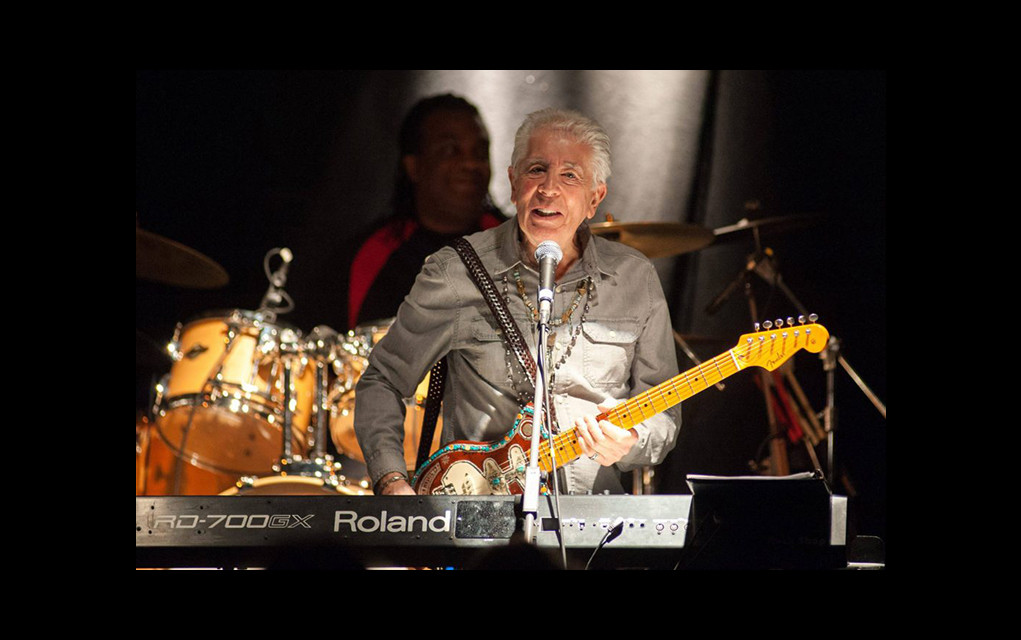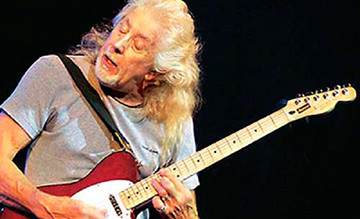Recently, The Blues Foundation announced their list of Blues Hall of Fame honorees for 2016. We thought it would be fun to research “10 Things You Didn’t Know” about each honoree and we begin with the Godfather of British Blues, John Mayall. Watch for more in the weeks to come.

1. Mayall’s father was a musician and Jazz collector and it was the artists on his records, especially guitarists Lonnie Johnson and Eddie Lang along with boogie-woogie pianists Pinetop Smith and Albert Ammons that first sparked John’s love of music.
2. Known as a bit of a quirky child, Mayall built a tree house behind the family home in Cheadle and used it as his bedroom. He also had taught himself to play piano, guitar, ukulele and harmonica all by the age of 15.
3. Mayall’s first band was a local project called the Powerhouse Four with future Bluesbreaker co-founder, Peter Ward.
4. He served in the British Army spending time in both South England and Korea. His song, “One Life to Live” is based on his experiences there.
5. Alexis Korner persuaded Mayall to pursue a full time music career and move to London after Korner and Cyril Davies opened in the Ealing Club in 1962. Mayall was already 30 years old the following year when he took Korner up on his advice.
6. During his early days with the Bluesbreakers, Mayall backed several American Blues artists on their first British club tours including T-Bone Walker, Sonny Boy Williamson and John Lee Hooker.
7. Over the years, members of John Mayall’s Bluesbreakers have included Eric Clapton, Peter Green, John McVie, Mick Fleetwood, Mick Taylor, Harvey Mandel, Walter Trout, Coco Montoya, Andy Fraser, Jack Bruce, Hughie Flint, Keef Hartley, Robben Ford and Sonny Landreth.
8. Being a student of the Manchester College of Art and with his training in art and graphics, Mayall has designed the majority of his own album covers as well as hand carving his guitars into three-dimensional works of art.
9. Mayall is notorious for short recording sessions. A couple of examples are the “Beano” album (1966) which was recorded all at once with Clapton playing at the same volume as he would a live show; and 1967’s Crusade album which was recorded entirely in 7 hours.
10. One of his biggest influences was J. B. Lenoir and when he passed in 1967, Mayall wrote 2 songs, “I’m Gonna Fight for you J.B.” and “Death of J.B. Lenoir” in his memory.

